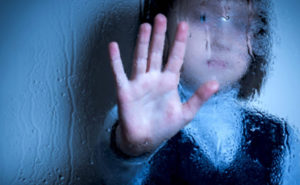About three million first-time college students will soon be arriving on campus—most of them coming directly from high school. About one million of them won’t make it through their first year or return as sophomores. This attrition is financially and emotionally devastating for families, and destabilizing for colleges. What goes wrong for so many students? And how can we stop the bleeding?
Financial challenges account for the largest chunk of these departures. But many others leave because the support services they and their parents feel they have been promised are often impossible for colleges and universities to provide. The number of students with mental health challenges has been rising for years—around 44 percent of all college students report symptoms of depression and anxiety. The rate of students taking psychiatric medication doubled between 2007 and 2019, and is now at 25 percent.
But what concerns my colleagues and me is the growing expectation among parents and students that college administrators are there not to guide young people, whatever their challenges, in mastering the tasks of adulthood, but to spare young people from them…
I have spent my career working with college students from enrollment through commencement. As a dean of students—at the University of Connecticut, and later at Wheaton College – I talked with numerous parents who were startled to discover that their child had not been attending class, had not been turning in assignments, maybe hadn’t bathed in days. The parents had expected more supervision; we had expected more personal accountability. Caught in that gap was a student about to lose a semester of academic credit and thousands of dollars of wasted tuition and housing fees, often covered by loans that still had to be paid back. Read more…





